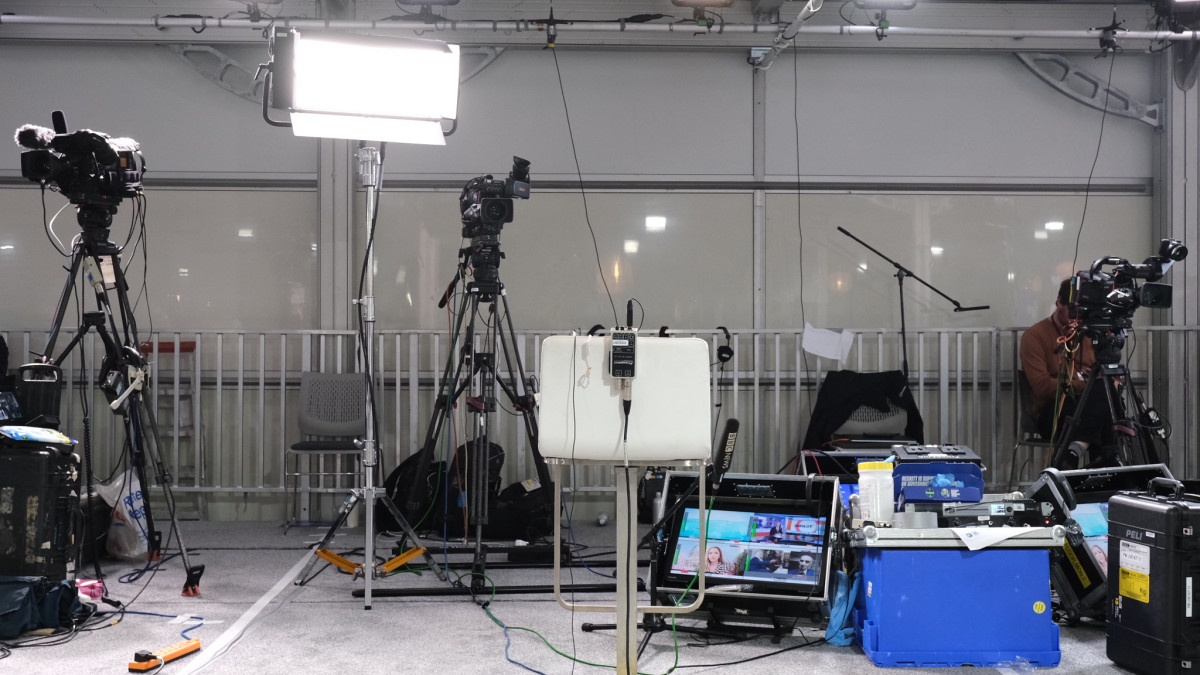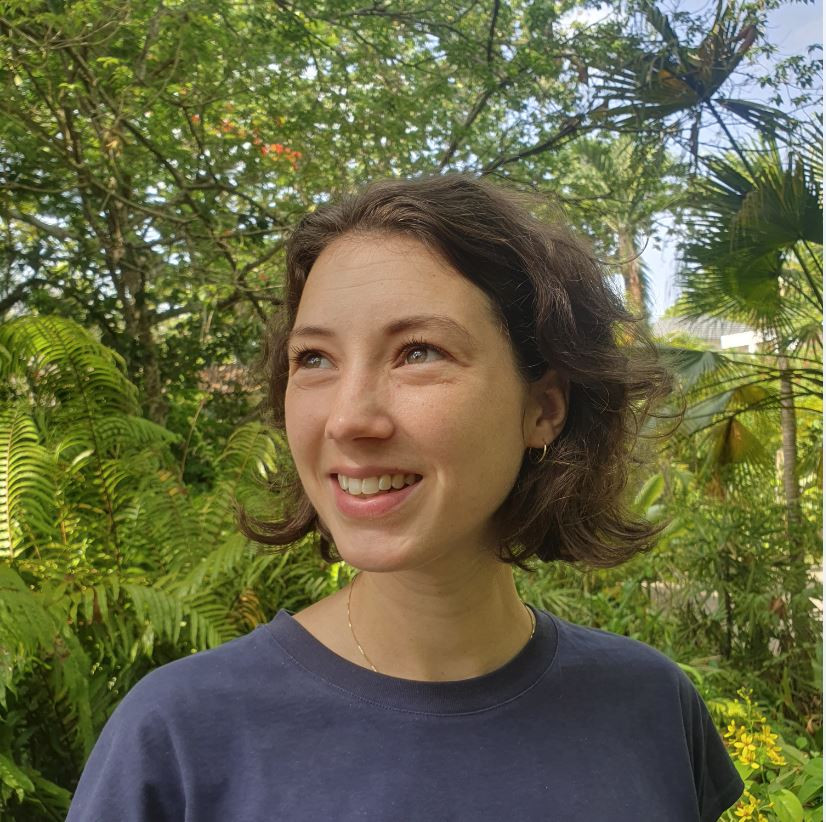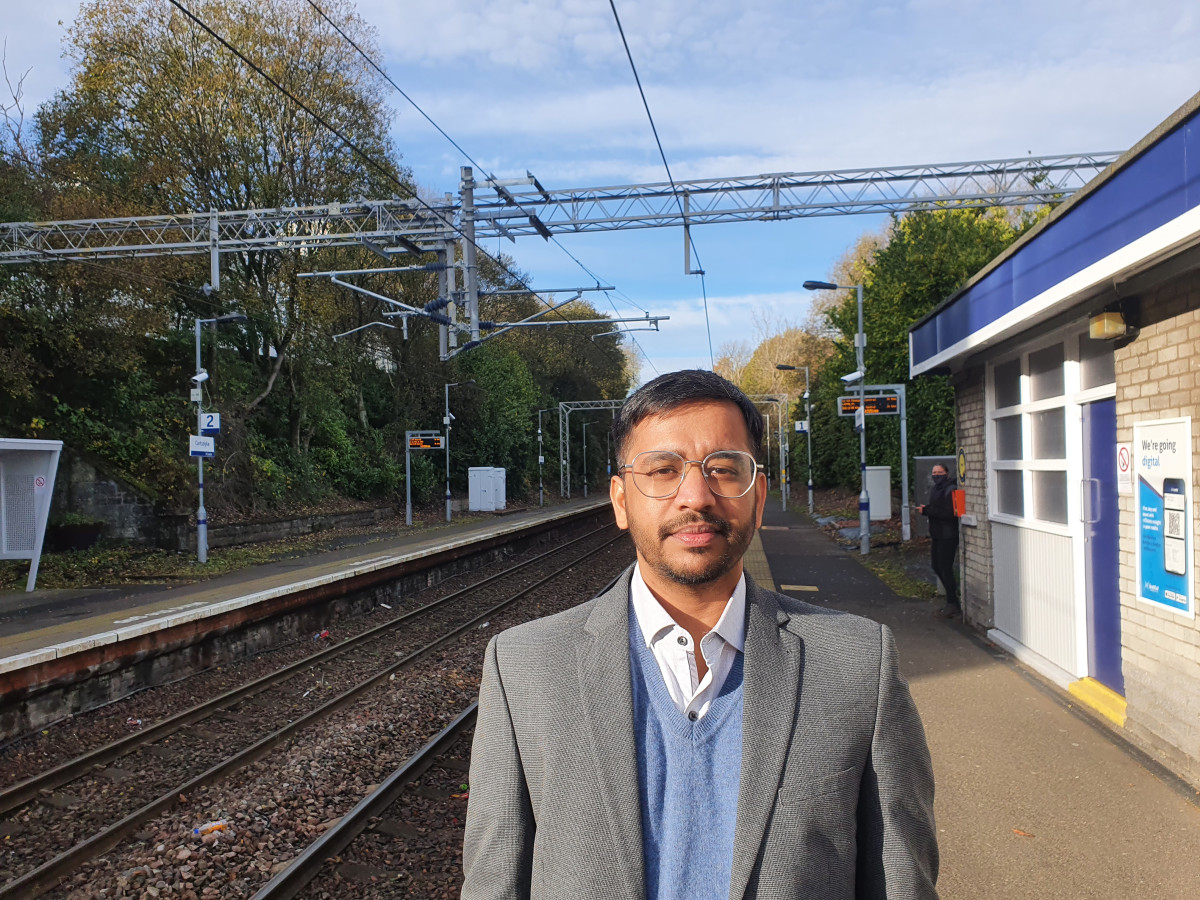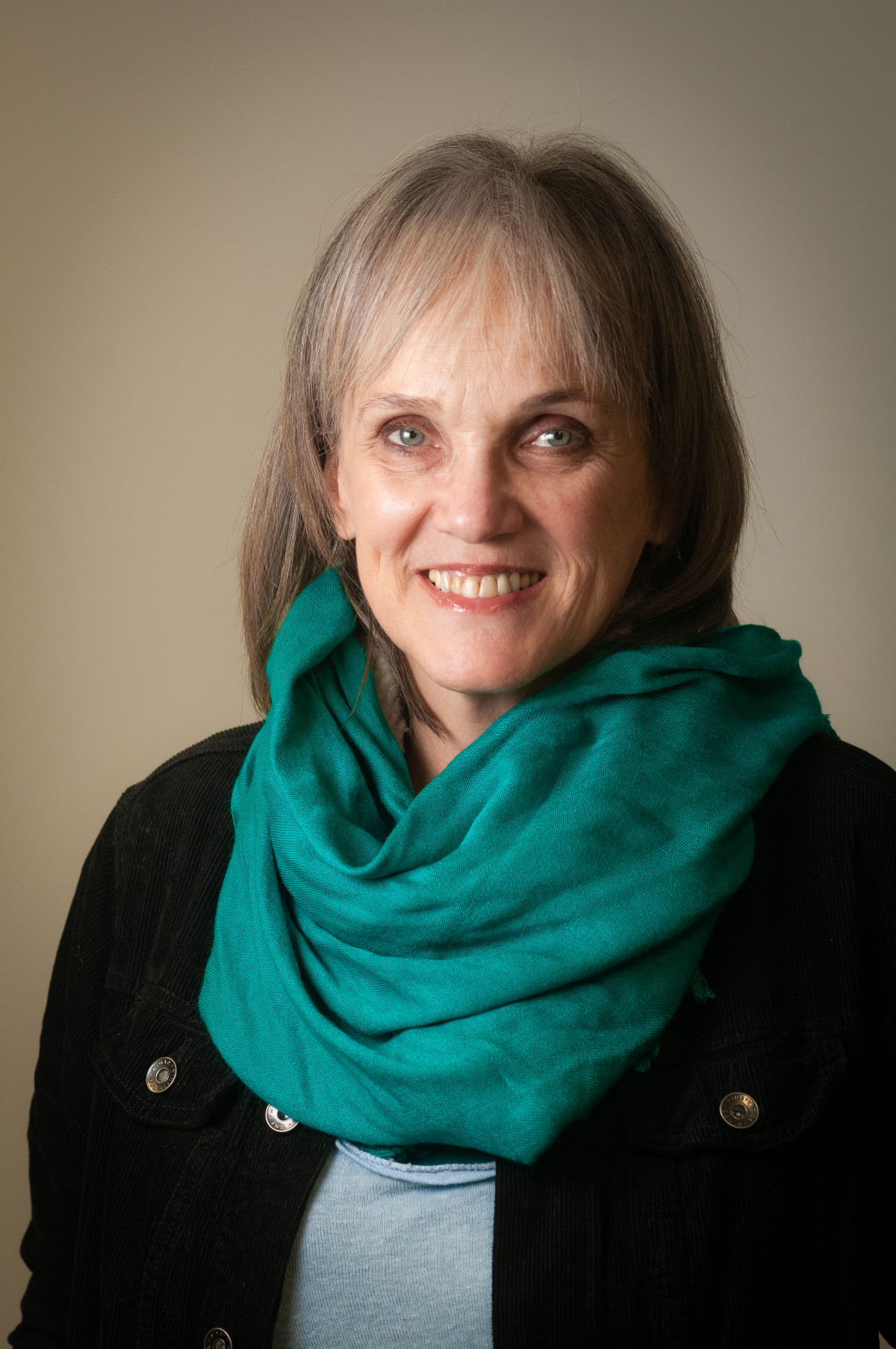Reporting on COP28 – Climate talks in a changing geopolitical context
The 28th UN climate change conference will take place in Dubai from 30 November to 12 December (or 13, 14, … COPs are notorious for taking longer than planned). In what will almost certainly be the hottest year on record globally, governments will take stock of how far the global community has come since the Paris Climate Agreement was signed in 2015. The process named “global stocktake” is meant to set the stage for climate action in the coming years and ensure more ambition in the future.
However, finding an agreement among almost 200 countries on anything, including climate, is becoming increasingly difficult, as the geopolitical landscape has changed dramatically through developments such as Russia’s invasion of Ukraine, ongoing violence in the Middle East or heightened tensions between the U.S. and China. "Global climate governance does not happen in a vacuum. One should not seek political confrontation on the one hand and expect unconditional cooperation on the other," said Fu Cong, Chinese Ambassador to the EU.
The global stocktake is far from the only issue on the table: A fierce debate about a possible agreement on phasing out fossil fuels is set to be a major component of COP28. EU leaders agreed to push for a world-first global deal to phase out the "unabated" use of coal, oil and gas, which many producing countries could oppose. Russia has already signalled it would block a deal. The conference location in one of the world’s top oil and gas producing countries, the United Arab Emirates (UAE), lends the discussions a special flavour. Many politicians and other stakeholders heavily criticised the choice for Sultan Al Jaber as COP28 president, as he also heads the state-owned Abu Dhabi National Oil Company (Adnoc). He has said it will be an advantage to have fossil fuel producers at the table.
Governments are also on a path to an agreement on expanding renewable energy sources and energy efficiency, like the G20 already decided earlier this year.
The focus of this year’s talks, however, could be on climate finance. Richer countries have so far failed to deliver on their pledge to mobilise 100 billion U.S. dollar annually for poorer countries, and talks could start on what a future commitment could look like and whether more countries would become donors – such as economies like China. Loss and damage will form another key pillar of the financial questions at COP – that richer economies should pay heavily affected poorer economies for the damage that they are unable to prevent through mitigation and adaptation efforts. Richer countries have long resisted committing to payments to poorer and vulnerable regions, over concerns it could lead to liabilities for countries whose historical emissions fuelled climate change. COP27 reached an agreement on a new fund for vulnerable countries, but this must now be hashed out in detail. Crucial issues include who will pay (also China and other countries so far officially considered not part of the developed nations), and who will benefit.
Over the years, COPs have evolved from government negotiating platforms into huge climate fairs – a networking opportunity for more than 25,000 participants, with delegates from almost 200 countries, observers from business, NGOs and science, and thousands of accredited media representatives. This year’s summit is expected to be the biggest yet. Aside from heads of state and government, this year the pope is reportedly also considering attending. Covering such an event is a challenging task, but the annual event presents a major opportunity for journalists worldwide to put renewed focus on the climate angle in their reporting.
To help journalists prepare, Clean Energy Wire has invited reporters from across the globe to share their experiences covering previous climate change conferences, and giving an outlook on what colleagues should focus on in Dubai this year.
Agenda
| 16.00 - 16.05 |
Welcome and introduction by moderator Julian Wettengel, Clean Energy Wire |
| 16.05 - 16.30 |
Reporting on COP28 – How to best tell the Dubai story? input from
|
| 16.30 - 16.55 | Discussion and Q&A |
| 16.55 - 17.00 | Conclusions and Outlook |
Speakers
Chloé Farand is a French-British freelance climate reporter with plenty of experience covering international climate politics. Previously a full-time reporter for Climate Home News, she has attended all UN climate talks, or COPs, since 2016. Her work has been published in a range of outlets, including The Guardian, Semafor, Devex, and Context.
Sibi Arasu reports on climate and environment for the Associated Press. He is based in Bengaluru, India and has covered issues related to climate change including previous UN climate talks for the last 13 years. Arasu is the recipient of a United Nations Correspondents Award in 2021 and the Prem Bhatia Environment Journalist of the Year award in 2018. His work can be found here: https://apnews.com/author/sibi-arasu
Daniela Chiaretti is an environment correspondent for Valor Ecônomico, one of Brazil’s leading newspapers. She has been covering socio-environmental issues on a daily basis for 20 years. Climate, development and biodiversity are her main areas of interest. She has been covering climate COPs since Poznam in 2008, as well as some biodiversity ones. Daniela has travelled more than 50 times to the Amazon, visited all the continents including Antarctica (and the Artic region) to see the impacts of the climate crisis. She tries to offset her emissions by talking and writing about what she has seen and heard to as many people as possible.




